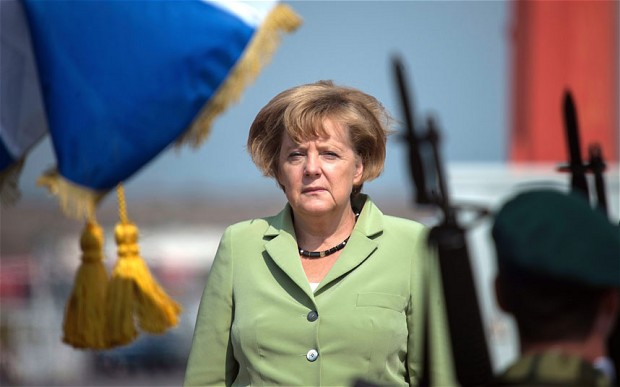The Italian elections have left Italy with a result which may render the country ungovernable, and could reignite the eurozone debt crisis. The lower house was won by Pier Luigi Bersani’s centre-left bloc; but the upper house, the Senate, was taken by the centre-right, conservative block, led by Silvio Berlusconi. Protest party, Five Star, led by a popular Italian comedian, Beppe Grillo, came third.
Mr Bersani’s centre-left bloc had won 29.57% of the vote for the lower house (Chamber of Deputies) to 29.15% for Mr Berlusconi’s bloc.
Mr Grillo’s Five Star Movement had 25.54% and the centre left led by Mario Monti 10.57%.
Control of both upper and lower houses is required to govern.
Grillio campaigned to return to the Lira and Berlusconi campaigned against EU imposed austerity, calling for tax cuts to stimulate Italy’s ailing economy.
Bersani has pledged to stay the course of the EU crisis, wanting to work with Europe. However, he will find it hard to form a workable coalition.
As the results came in bond markets across Europe began to fall. Italy is the third biggest economy in the eurozone and has the power to bring the euro down.
Even if Bersani can form a government he cannot ignore the anti-austerity, anti-eurozone message from the election. Even within his own party there are deep divisions over Europe, and his party will want
Read More BBC
The Telegraph
